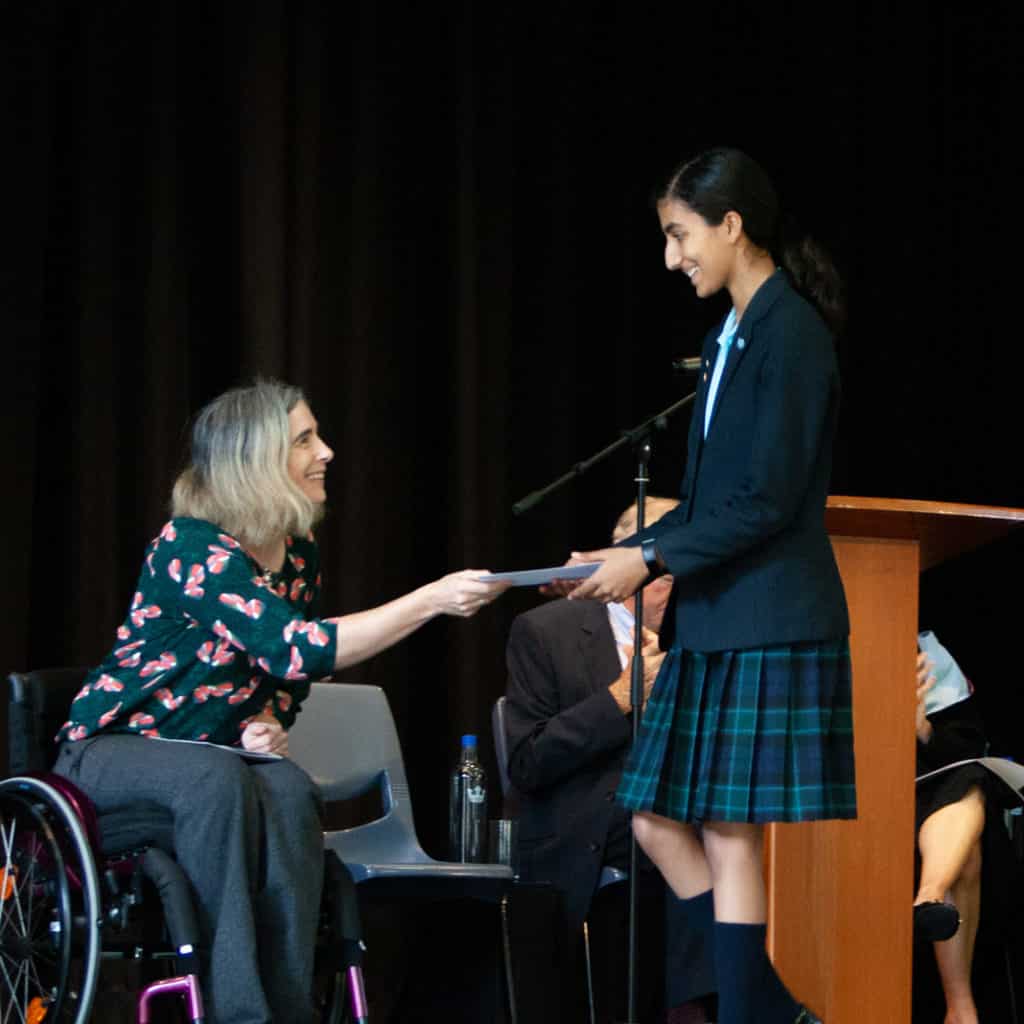Lara Péchard, Head, St Margaret’s School in Hertfordshire, discusses the value of presenting the right role models and reassuring young people that being ‘normal’ is enough
Schools and parents are acutely aware of the reported rise in mental illness among young people. Our young have been significantly impacted by both the uncertainty and the adversity of the current time. It is also apparent that the last 18 months have amplified teenage anxieties and self-doubt. Many schools will have witnessed the impact of this upon otherwise healthy and well-balanced individuals. Even though the road ahead looks brighter, uncertainty remains around exams, university education, career prospects, travel and social gatherings. For adults, managing this level of uncertainty is stressful enough, but for our young people, it is harder.
During school closures, it was important to help young learners to focus on the promise on the horizon. In school, we found that organising sessions and talks about university study and future careers helped. Events were well received and very well attended. This became particularly evident where recent leavers or alumni shared their personal experiences. Hearing from likeminded young people helps students to visualise the ‘normal’ or ordinary paths taken, despite challenging times.

The past 18 months of restrictions mean, of course, that young people are desperate for social time, so meeting with other young, inspirational people has never been more important. Devices and phones have played a huge part in young people’s lives – in some cases, it has been the only way they can connect. I suspect much of what we are seeing now around the overuse of mobile phones is a direct response to that imbalance. Teenagers have also been bombarded with imagery of ‘perfection’ and ‘filters’ during isolation, rather than the usual ‘real’ role models.
In recent weeks, we have found that introducing what we call ‘ordinary extraordinary people’ into our school community and allowing them to share their challenging experiences and milestones has been incredibly powerful – a positive source of inspiration. As an example, Paralympian, and MBE Claire Harvey, gave a speech to us recently. She reflected on the fact that her entire career and direction was impacted by a life-changing accident. The impact of this accident on her physically and mentally, and how she was approached about becoming a member of the 2012 Paralympic Volleyball Team, really highlighted how we can all overcome challenges. Role models like this strike a chord with young people, helping them to assess and question their own direction. These role models’ openness and their vulnerability demonstrate what can be achieved by the human spirit, as well as the importance of having the support of others around you.
“Role models like this can really strike a chord with young people – their openness and their vulnerability demonstrate what can be achieved by human spirit”
In recent weeks, through many conversations with teenagers, I have seen the power of involving them in a new or bigger challenge. A task where you have to overcome doubt is time consuming, it requires help from friends or mentors, and it distracts from whatever else might be troubling you. Ultimately, this is about helping young people see the importance of working collaboratively, being there for others and taking reassurance that other people face the same trials as you.
Meeting ‘ordinary extraordinary’ role models, our young people also witness a breathtaking level of courage which they identify with and can often relate to on another level. It is often the case that ordinary people are the most relatable – they appear both capable and vulnerable. These people are the role models to present to our young people right now because they desperately need to feel that being ‘normal’, being human, is enough.
St Margaret’s School stmargarets-school.org.uk
Further reading: Cranleigh School on how arts events help young people tackle emotional and social issues
You may also like...























